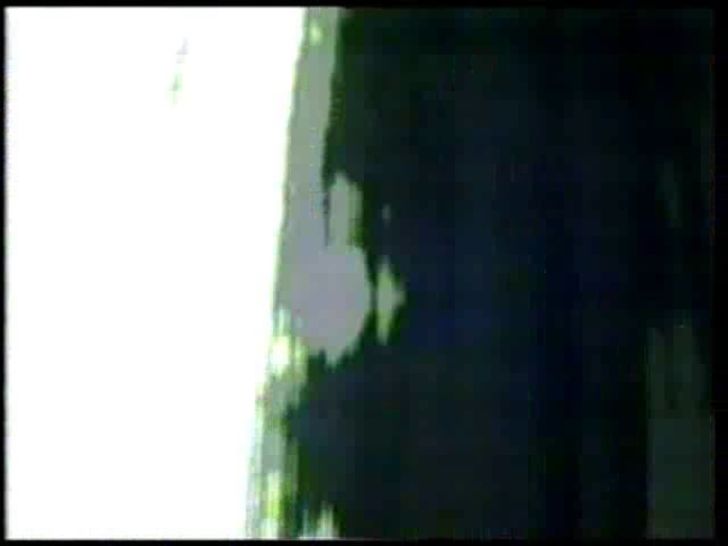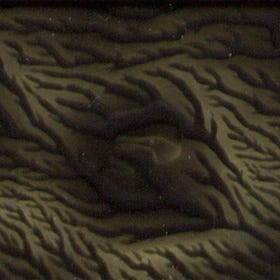Untitled #1 Fade up on someone sleeping in a bed. A voice: alone (pause) perhaps alone (pause) although (pause) not entirely (pause) at times (pause) without (pause) although (pause) memory (pause) if nothing else (pause) for company (pause) when absent (pause) questioning (pause) if memory (pause) remains so (pause) if remembered (pause) remains (pause) what happened (pause) if time (pause) passing (pause) in absence (pause) will alter (pause) what it is (pause) remembered (pause) if time (pause) remains (pause) like memory (pause) forgotten (pause) or simply (pause) left alone (pause) without words (pause) without touch (pause) just gone (pause) at times (pause) remain (pause) alone Fade out.
More poem than play, this piece wasn’t necessarily written for performance, though it takes the form of a monologue. As with my other early poems, it is very obviously influenced by the work of Samuel Beckett, and in particular his late-period miniatures and ‘fizzles’.
My interest in Beckett began a couple of years earlier, when I was lucky enough to see his short one-woman play Rockaby (1980), performed by Rosemary Pountney—renowned Beckett scholar and actress—who toured it around New Zealand in 1997. I had no idea what to expect, having never read Beckett, and was utterly blown away. The performance was sublime. The writing terse and yet tender, emotionally repressed yet deeply expressive. And the quietness. So much silence (but as John Cage reminds us, silence is an abstraction: chairs creaking, people shuffling, suppressing coughs, everything moving) and emptiness (likewise, an emptiness overflowing with fullness).
Okay that’s it for this time. If anyone’s feeling chatty, I’d love to hear about your formative influences in the comments. Who inspired you to first make a poem? To write the way you do? Besides Beckett, Winnie the Pooh also had a profound effect on me; and to be clear, I don’t mean ‘Winnie the Pooh’, the book, but Edward Bear himself, esteemed poet. Come to think of it, there are a lot of similarities between E.B. and Beckett—minimalist structuring, constant repetition, and the exhaustion of language, freed from conventional “sense” making. Both also owe a clear debt to the nursery rhymes and nonsense verse of poets like Edward Lear . . .
From 'What Is The Word' Samuel Beckett (1988) folly— folly for to— for to— what is the word— folly from all this— all this— folly from all this— given—
'Wordless Song' Edward Bear (1926) Tra-la-la, tra-la-la, Tra-la-la, tra-la-la, Rum-tum-tiddle-um-tum. Tiddle-iddle, tiddle-iddle, Tiddle-iddle, tiddle-iddle, Rum-tum-tum-tiddle-um.



Vespers
Poems by Dick Whyte, and other miscellanea. Explore the archive . . .
My First Poems & Pictures (1998-99)
1998-1999 were the first years I considered myself an “artist” (ironically, a word I have come to dislike, haha). A lot of what I did then is lost now, and with good reason—it was bad! However, I did make a catalogue of my favourite works from late-1998 through 1999...
My First Abstract Short Films (1999)
These films use a technique called ‘video feedback’ in which a camera is hooked up to a television display, and then pointed back at the television, effectively seeing itself...
My First Poetry Book Vol. 1: Very Short Poems (2000-2001)
as the cat from next door sleeps calmly, candle wax collecting on paper...











Wonderful newsletter today. Thank you.
Love, love, love your poem/play! But you got me thinking (that's a good thing:) about my influences and now I am picking threads in my mind, tugging this and that, trying to remember how it all begun. So, for now, here is a link with a poem of Kiki Dimoula -- the famous Greek poet, the woman responsible for my presence here today.
https://thegeby.wordpress.com/2018/12/08/kiki-dimoula-%ce%b1%cf%80%ce%bf%ce%b3%ce%ad%cf%85%ce%bc%ce%b1-afternoon/